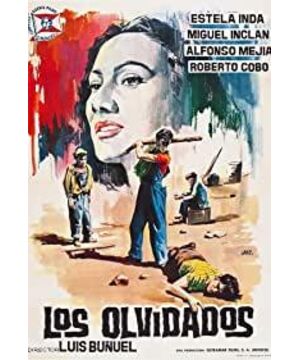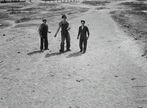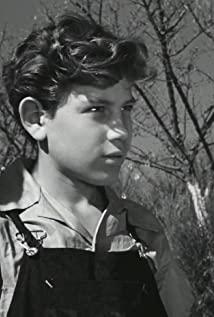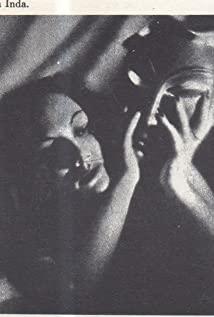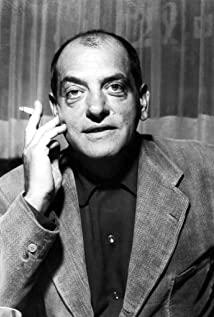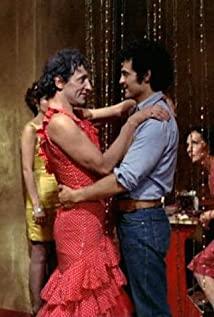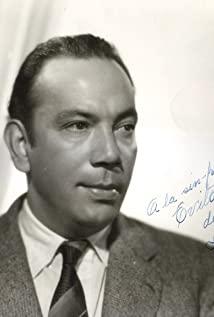Alfonso Mejia, who played Pedro, died on December 29 last year, the last of all the "forgotten people". According to the standard of 1951, this film is difficult to demand more in terms of plot design, plot control, characterization and ideological depth. Personally, I prefer the ending of the original version. Pedro and the police go after Jaibo at the same time. Out of morality, one out of law, the result is self-evident, because good people are inherently stupid, especially good people who change their ways and return to righteousness must be stupid, because they are too stupid, so Pedro can only be treated as garbage. Makes no sense, Don Carmelo has set the tone: the good guys go first, unless you're going back to President Porfirio, but the problem is that the Mexican Revolution was victorious, so Jaibo, the bad guys, got to the end and instead enjoyed a near-death dream treatment of the protagonist.
It's never difficult to shoot a tragedy, when things are about to get better, it's enough to make it go downhill, and a few times back and forth will naturally bring the drama intensity to a high level. It doesn’t take much insight to decipher the multiple symbols of this play: the metaphor of the Oedipus relationship between Jaibo Vs Pedro’s mother and son, the metaphor of the gangster and the livestock, the metaphor of the playground and Mexico City, these few After the opening of the big picture network, it will be a matter of course for the characters as information units to be reversed in the future. The only person in "Forgotten People" who has not been reversed is Ojitos, because he did not kill Don Carmelo and Meche in the When Pedro was thrown away, he became a new Pedro. No reversal means that his small fate has no immediate impact on the great fate of his own time and space, but Ojitos was not designed to be a bystander that many audiences today take for granted. A negative way to enter things, not angels nor demons, preserves the possibility of being a Pedro or Jaibo in places not recorded by this story. The advantage of a solid script is that at the end of the narrative, no matter how Buñuel deals with Ojitos or any "forgotten person", the audience can't blame it. As the plot gets more and more concentrated, the author makes more and more decisions. easy.
The setting of Granja escuela is quite interesting. At first glance, the hairstyle of the actor Francisco Jambrina, who plays the principal, is another Francisco, Francisco Franco. Jambrina, like Buñuel, is also a Spanish filmmaker who lives in Mexico. Bunu You can always find a lot of conscious or unintentional details in El's films. The small happy ending of the school chapter becomes the fuse that detonated the conflict between Pedro and Jaibo: when discipline is injected into humanity, the suffering is not only not redeemed but also accelerated, which is similar to the future "Vilidiana" The design of the ending is similar to a certain form, the better the beginning, the worse the ending, so nothing may happen. Contrasted with the school is the court. After being beaten by the court, Pedro suddenly awakened without knowing which sinister. He was not afraid of the old lady, but he defeated the previous round of stupid awakening and was soon swallowed by the next stronger stupid. . At this point, we have to ask, whether suffering or ignorance came first Normal, so humans need movies, they need Bunuel, just as Pedro mother and son need chickens for their anger.
View more about Los Olvidados reviews


